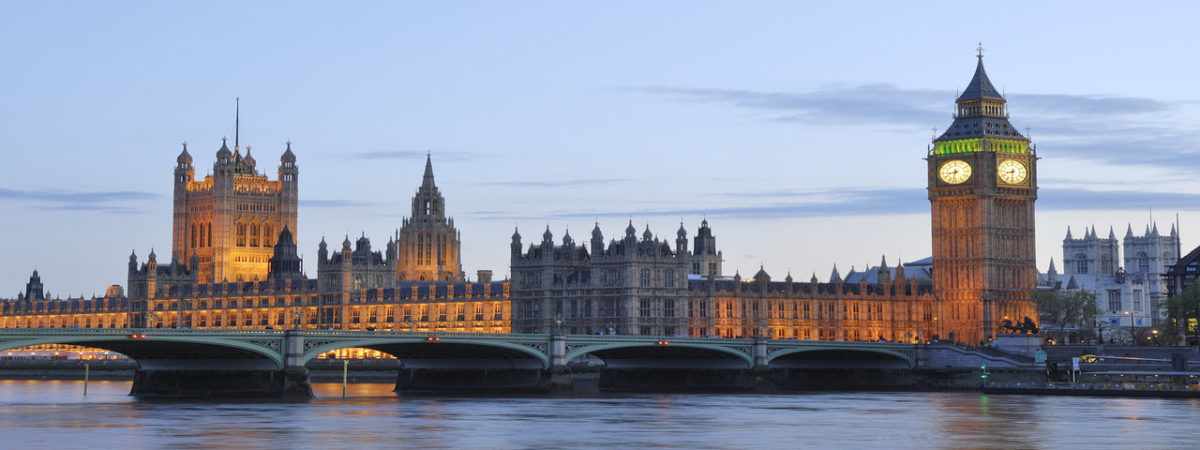Hammond’s rhetoric is right, but policy-light
SUGGESTED

IEA releases a primer on free trade

IEA reacts to Theresa May's speech at Conservative Party Conference

IEA reacts to the Chancellor of the Exchequer's speech at Conservative Party Conference
On Philip Hammond’s speech, IEA Director General Mark Littlewood said:
“The rhetoric of the Chancellor’s speech was encouraging – with talk of lowering taxes to boost growth, and action to reduce the budget deficit further. But too often this Government has talked the talk, but failed to walk the walk. Mr Hammond should translate this speech into real policy action in his Autumn Budget if he wants to turbo charge the UK economy post-Brexit.
“This Government has made some effort when it comes to balancing the books and reducing unemployment, but much more needs to be done.
“The tax burden is the highest it has been for forty years and the cost of living is still far too high for working families. More government pledges to spend on the NHS and employment initiatives is moving in the wrong direction of travel.The focus needs to be on spending prioritisation and how to put more money back into the pockets of taxpayers.”
On the apprenticeship levy, the IEA’s Director General Mark Littlewood said:
“The apprenticeship levy was a fundamentally flawed scheme from the outset. It acts as a crude payroll tax, resulting in reduced wages or reduced employment, especially for low-skilled workers.
“As the number of new apprenticeships on offer has plummeted over recent years, it is good news that the Chancellor will be looking to reform the policy in favour of employer and employee interests.
“But rather than tinkering at the edges, the Government should consider scrapping the levy all together, to create a more flexible environment, in which businesses can provide more opportunities to low-skilled workers.
On Brexit uncertainty, Mark Littlewood said:
“Businesses hate nothing more than uncertainty and this policy-light speech won’t have provided much reassurance. To help tackle any business fears around Brexit, the Chancellor should signal in the upcoming budget that the UK plans to remain fiercely competitive and liberal in a post-Brexit era.
“This could include lowering corporation tax immediately, and pledging to tackle some of the more onerous regulations around finance – including Solvency II and MiFID II – once the UK has left the EU.”
On taxation for the NHS the IEA’s Associate Director Kate Andrews said:
“Under no circumstance should more tax money be funnelled into an unreformed National Health Service. If increased funding is going to be pumped in the NHS, it needs to go straight from the patient to the provider, to ensure the money is most efficiently and fairly used for patient care.
“The Government has already pledged an extra £20 billion per annum to the NHS by 2023. Exactly how much more tax are the British public expected to pay to cover up for a fundamentally broken healthcare system?“
For media enquiries please contact Nerissa Chesterfield, Head of Communications:nchesterfield@iea.org.uk, 07791 390 268 | 020 7799 8920
For more IEA research on healthcare, click here.
For more IEA research on taxation and growth, click here.
The mission of the Institute of Economic Affairs is to improve understanding of the fundamental institutions of a free society by analysing and expounding the role of markets in solving economic and social problems and seeks to provide analysis in order to improve the public understanding of economics.
The IEA is a registered educational charity and independent of all political parties.



